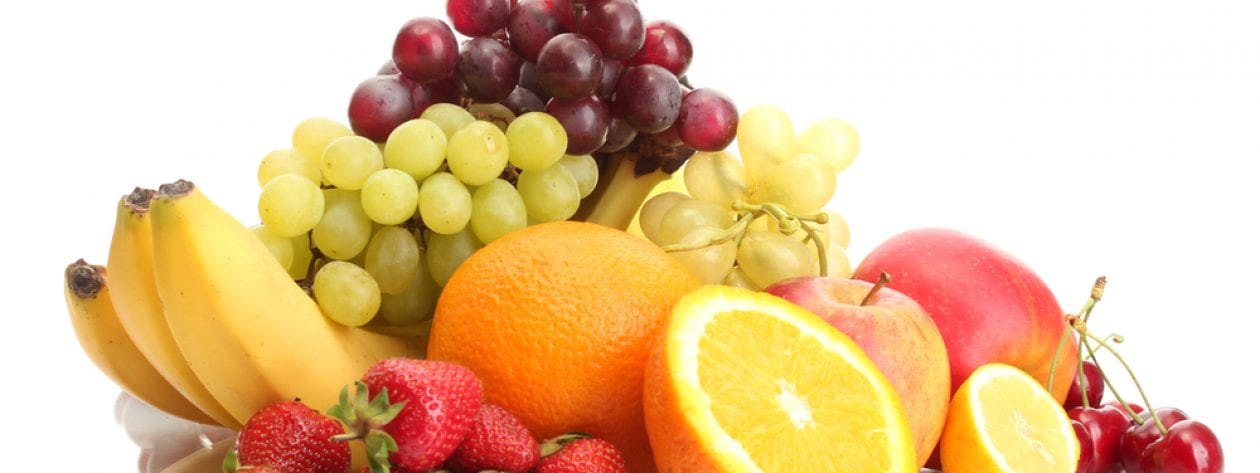What better day to start eating breakfast then Better Breakfast Day! That’s right, September 26th is National Better Breakfast Day! So whether your breakfast is a five course meal or a handful of peanuts we can all strive to eat a little healthier. Who knows? Maybe it’s a habit you can continue for the rest of your life.
If you’re anything like me, then you wake up late and have to be out the door in under 45 minutes almost every day.That typically doesn’t leave much room for eating a healthy breakfast. If anything, it’s typically a granola-bar-while-sprinting-to-class kind of day. But what if I said it was still possible to eat a delicious HOMEMADE breakfast on the go? Check out the recipe below. These egg muffins are gluten free and can keep in the fridge for a couple of days. Simply grab one, heat it up in the microwave for about 10-15 seconds, and head out the door.
Prefer to grab breakfast at a coffee shop, such as Dunkin Donuts or Starbucks? You can make that healthier, too. The American Heart Association recommends swapping that croissant for a whole wheat bagel on your favorite breakfast sandwich. The fiber and added nutrients of a whole wheat bagel are a great way to start the day! Opt for choices that include lean meats that are low in saturated fat, such as roast turkey. Ham and bacon, while still delicious, tend to be higher in sodium. You can even try ditching cream cheese on your bagel for some avocado, which is full of healthy fats.
Vegetarian or vegan? Try the recipe below to add some protein to your morning routine! This recipe takes about 20 minutes to make and serves 4-6 people. So, gather your friends for a healthy vegetarian breakfast or store it in the fridge in individual containers for a grab and go breakfast!
Coffee drinker? Try to cut back on both natural sugar and artificial sweeteners. There is a common misconception that artificial sweeteners are healthier than sugar. However, studies are showing that these artificial sweeteners, although lacking in calories, may still contribute to a person’s risk of developing diabetes and other diseases. A study out of the University of California- San Diego, showed that artificial sweeteners do not activate the reward regions of the brain in the same way that natural sugar does. They discovered that while the sweet taste led to cravings for more food, the artificial sweetener did not completely satisfy these cravings. Studies showing negative health consequences of these sweeteners are so far inconclusive. One thing experts can agree on is that it is recommended to cut back on all sweeteners (added and natural) as much as possible. Try to slowly add less sugar to your coffee for a healthier alternative. You can also substitute skim or lowfat milk for traditional creamer or whole milk. It is important to have some milk in your coffee if you are consuming several cups of day. Black coffee and tea contain what is called a “thiamin antagonist” that can prevent your body from absorbing thiamin properly. Adding a small amount of milk to your coffee can counteract this and prevent thiamin deficiency.
No matter what your food preferences are, there’s a healthy substitute for you. So get up and celebrate Better Breakfast Day on September 26th with a delicious and nutritious breakfast!
Sources :
Recipe for egg muffins: https://www.dinneratthezoo.com/breakfast-egg-muffins/
Recipe for quinoa fruit bowl: https://therecipecritic.com/2015/06/honey-lime-quinoa-fruit-salad/
https://www.hsph.harvard.edu/nutritionsource/healthy-drinks/artificial-sweeteners/
Gropper SAS, Smith JL. Advanced nutrition and human metabolism. 6th ed. Belmont, CA: Wadsworth/Cengage Learning; 2013.









